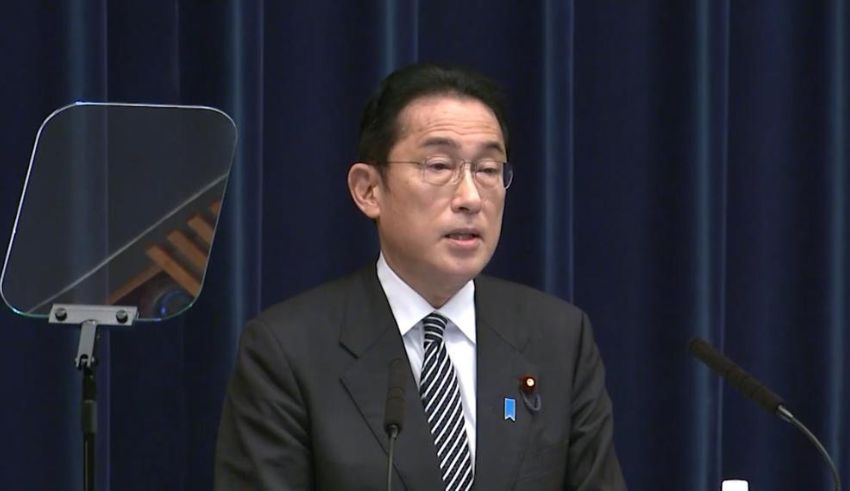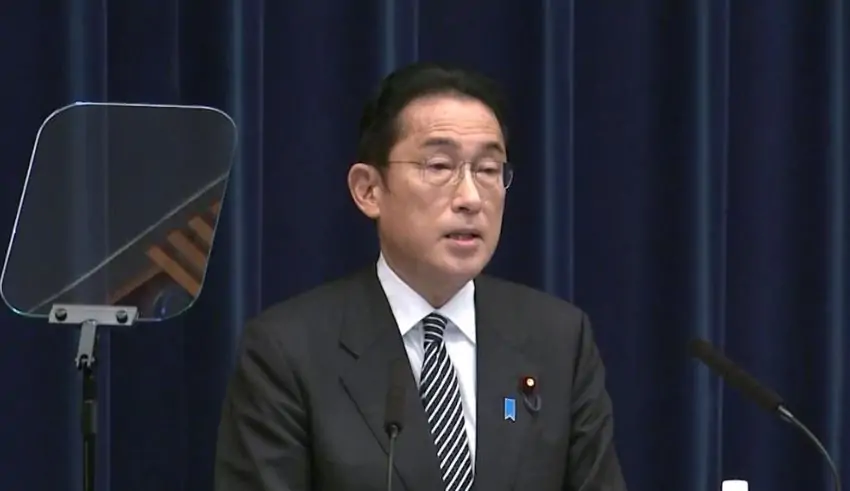

(C) HongKong Free Press
Japan has decided to revise its self-defense policy and allow its military to strike enemy bases in the event of an imminent attack, as it faces growing threats from China’s military expansion and aggression.
The decision, announced on December 15, 2023, marks a significant shift from Japan’s pacifist constitution, which renounces war and limits the use of force to self-defense. Japan has long relied on the US, its main ally, to deter and counter any potential attacks from China or North Korea.
However, Japan’s defense minister, Nobuo Kishi, said that the changing security environment in the region and the rapid development of China’s missile and cyber capabilities have made it necessary for Japan to enhance its own defense posture and capabilities.
“We have come to the conclusion that we need to be able to strike enemy bases that pose a clear threat to our national security, such as ballistic missile launch sites or cyberattack facilities. This is not a preemptive strike, but a legitimate self-defense measure that is consistent with international law and our constitution,” Kishi said.
Kishi added that Japan will only resort to such strikes when there is no other way to prevent an attack, and that it will seek the consent and cooperation of the US and other relevant countries. He also said that Japan will continue to pursue dialogue and diplomacy with China and North Korea, and that it will not pose a threat to any country.
The decision was welcomed by the US, which has been urging Japan to play a more active role in the regional security and to share the burden of defending the Indo-Pacific. The US secretary of state, Antony Blinken, said that the US supports Japan’s efforts to strengthen its defense capabilities and to contribute to the peace and stability of the region.
“We commend Japan for taking this important step to enhance its self-defense and deterrence. We reaffirm our unwavering commitment to the US-Japan alliance and our ironclad pledge to defend Japan against any attack. We also appreciate Japan’s continued adherence to the principles of peace and cooperation, and its respect for international law and human rights,” Blinken said.
The decision was criticized by China, which accused Japan of violating its constitution and undermining regional security. China’s foreign ministry spokesperson, Zhao Lijian, said that Japan’s move is a serious provocation and a challenge to the post-war international order.
“Japan’s decision to reverse its self-defense policy and to allow its military to strike other countries’ bases is a grave violation of its own constitution, which forbids Japan from waging war or using force. It is also a serious threat to the regional peace and stability, and a challenge to the international norms and rules. China strongly opposes and condemns Japan’s decision, and urges Japan to abide by its constitution and to refrain from any actions that may escalate tensions or trigger conflicts,” Zhao said.
Music is a strongest medium to connect ourselves with the soul and any individual around the world because the emotion…
During the speech at the Financing Asia's Transition Conference the minister of environment in Malaysia called on ASEAN nations to…
The 61st Baeksang Arts Awards ceremony took place on 5 May 2025 at Seoul in South Korea and this glittering…
The fifth prisoner exchange took place on 6 May 2025 between Russia and Ukraine involving 205 prisoners and it is…
Established in the year 1921 and it still continues to showcase the legacy of this game through generations. This ‘Emperor’s…
The NBA Playoffs of 2025 would have much perdition during the matches of the second round. In the East, the…
This website uses cookies.
Read More